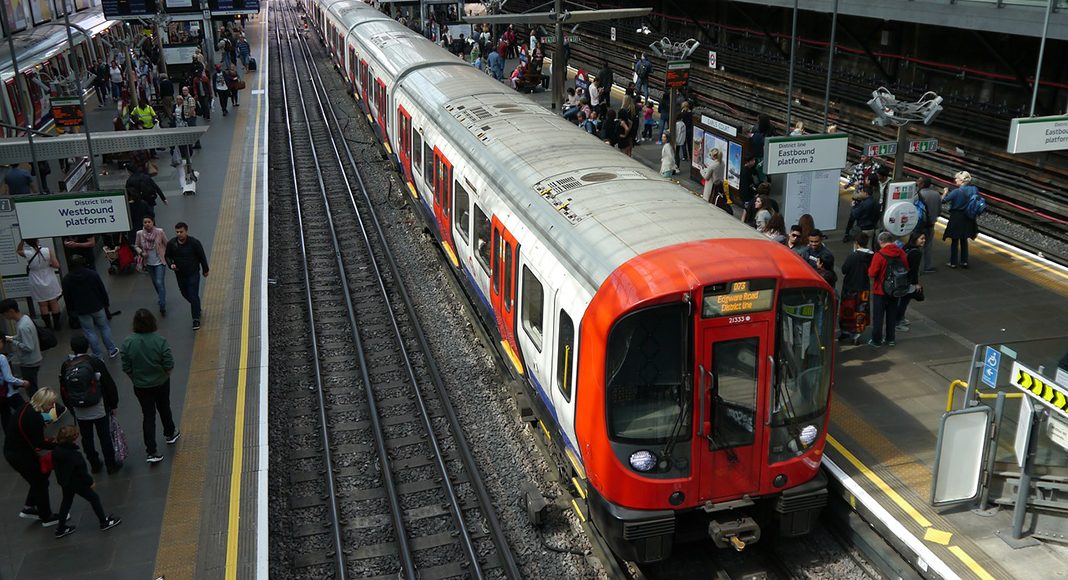A new Independent Transport Commission (ITC) study has revealed that individual car use is decreasing among younger people (under-35s), while rail ridership is increasing across all age groups.
The ITC report, “Recent trends in road and rail travel: What do they tell us? On the Move 2 (1995-2014): Overview and policy analysis” – was based on research commissioned from experts Gordon Stokes and Peter Headicar. Using National Travel Survey data, the findings identify the pattern of road and rail travel trends in England between 1995 and 2014.
Key findings:
- The total miles travelled by English residents peaked in 2007 before falling sharply in 2008-09, and stabilising at this lower level. However, because of population growth the per capita (individual) travel by distance is now 10% lower than in the mid-2000s.
- Each English resident is making significantly fewer trips overall in 2014 than in 1995. However, the average trip is now longer in terms of both time and distance.
- Although the aggregate traffic level is rising, individual car driving mileage per adult has declined significantly, 1995-2014. Individual car use amongst younger people, especially men under 35, is falling fastest. At the same time there has been a significant increase in the personal car driving mileage (and licence holding) of older women over 60.
- Rail travel per person by distance has continued to increase sharply.
“This report uncovers seismic shifts in patterns of individual travel behaviour,” said Dr Matthew Niblett, Director of the ITC. “We are seeing that the historic correlations between incomes, costs and travel are weakening. An inter-generational divide in travel behaviour is growing. For young adults, cars are increasingly viewed as utilitarian appliances, rather than aspirational goods. And there are also growing differences in travel patterns between rural and urban areas.”
Click here to view a copy of the Overview Report (PDF).



















